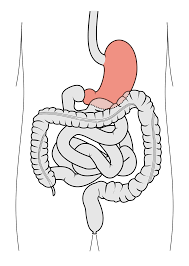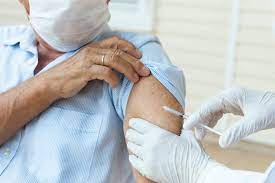Experimental Treatment That Can Repair and Regenerate Heart Cells
- Radha Bhor

- Mar 20, 2022
- 2 min read
Recently, researchers have developed a method to repair and regenerate heart cells after heart failure. Heart failure occurs when the heart is unable to pump enough blood and oxygen. Heart failure happens due to aging as heart cells grow weak and die. Underlying conditions such as high blood pressure and coronary artery disease have also been known to cause heart failure.
The most common and well-researched treatment for heart failure is a heart transplant. Heart transplants are arduous procedures that serve as a great risk to the patients’ lives. Donor's hearts are also rare, although the number of eligible donor hearts is increasing, and heart transplants are not always successful due to numerous factors that affect whether or not the body will accept or reject the heart.

The most efficient way to prevent and treat heart failure is to find a way to repair heart muscle cells, scientifically known as cardiomyocytes. After birth, hearts stop growing and produce very few cells over their lifetime. This means that when the heart cells die, they are not replaced by newer cells. Heart attacks greatly shorten the lifespan of the heart, which can lead to permanent heart failure and death. Researchers have developed technology that can repair and regenerate cardiomyocytes. This technology has been extensively tested on mice hearts.
Synthetic mRNAs have been developed to create proteins that will produce new heart muscle cells. By creating new heart cells, the healthy tissue that will form will reverse the effects of heart failure and extend the longevity of the heart. When the experimental treatment was injected into the mice's hearts, there was a large increase in heart cell production and after a month, the hearts were back to their normal, healthy functions.
Although the study does seem promising, it has only been tested in mice and will require much more research and development before it is ready to be tested on humans. First, researchers will try the treatment on pigs and see the effects of the treatment on pig hearts, and then they will do a small study on human hearts if they are approved by the FDA. It is possible that the treatment will not work on humans, but since the genetic material of mammals is very similar, researchers are confident in its success.
If this treatment advances beyond human trials and is available to the public, it will largely reduce the number of deaths due to heart failure. It will also reduce the number of left ventricular assist devices (LVADs) that are required in patients who are waiting on a heart transplant. The treatment will allow the heart to repair itself in case of heart failure and revolutionize medicine.



Comments